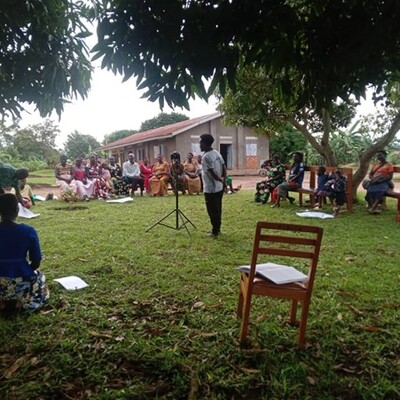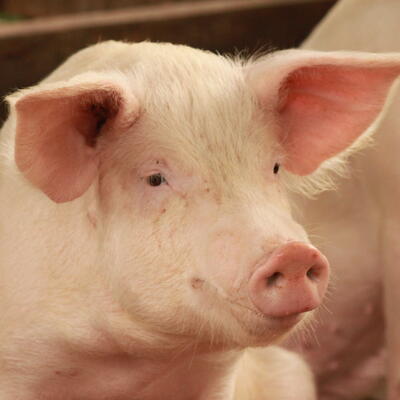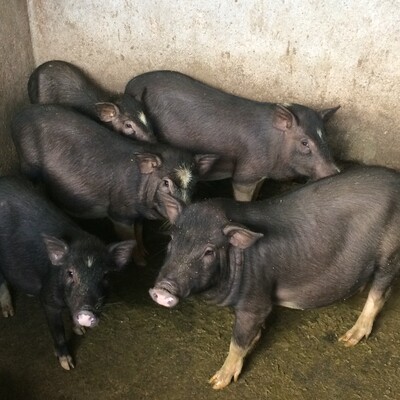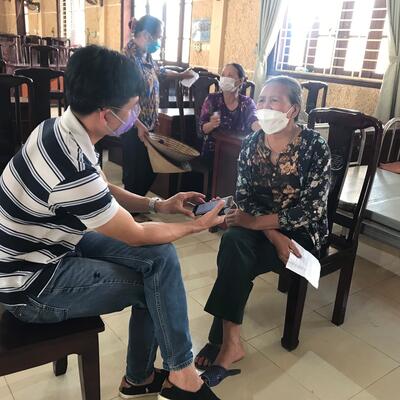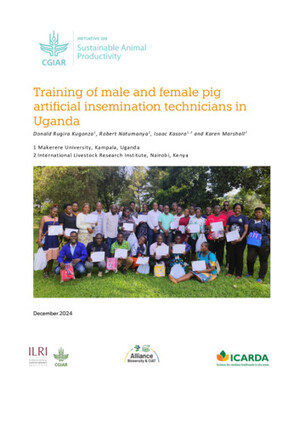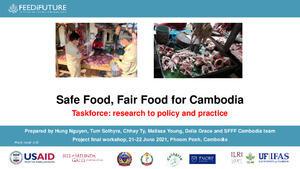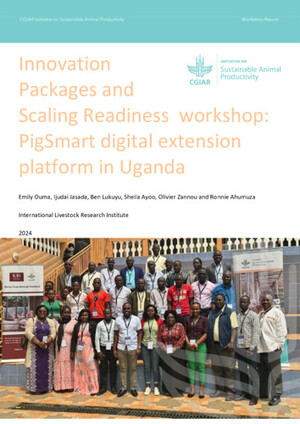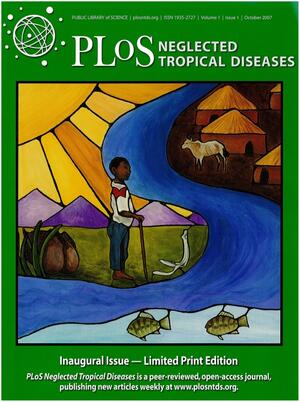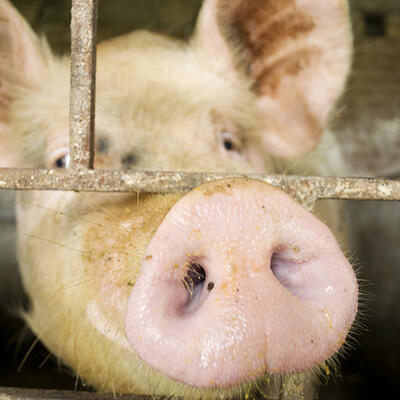
First-of-its-kind study assesses antibiotic use in Vietnamese pig farms
A first-of-its kind assessment of veterinary drugs use practices in Vietnamese pig farms is expected to provide a better understanding of antibiotics use and antibiotics resistance in the country’s pig production.
Started in August 2018 under the ‘Health and Antibiotics in Vietnamese Pig Production’ or VIDA-PIG, project, the anthropological study is analysing the networks that farmers use to source veterinary drugs and identifying and assessing factors that influence veterinary health management and veterinary drug use in smallholder pig farms in the country.
A study team led by Britt Tersbøl, an anthropologist at the University of Copenhagen, Denmark, collected data from farmers in Yen Phong District on 24–25 August 2018; and in Tu Son, Tien Du and Thuan Thanh districts from 4 September to 10 October 2018.
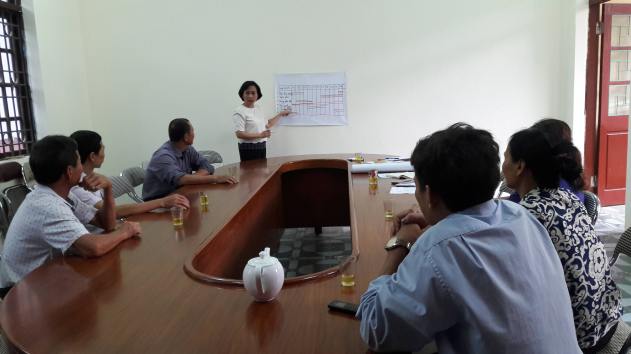
Focus group discussion in Tam Son commune, Tu Son district, Bac Ninh province (photo credit: ILRI)
Qualitative data was collected using focus group discussions, in-depth interviews and observations. Nine focus groups with a total of 49 participants and 41 interviews with pig keepers, animal drug sellers, commune veterinary staff, representatives of feed mills and drug companies, commune leaders, and leaders of Bac Ninh Sub-department of Animal Health were conducted. The researchers also stayed in six pig farms to observe the process of pig feedings and treatments.
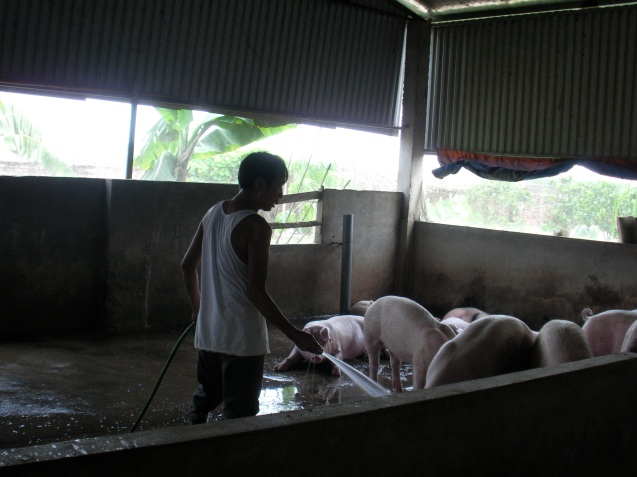
Study team visits the pig farm of Phu Dac Minh in Phu Lam commune, Tien Du district, Bac Ninh province (photo credit: ILRI)
In addition to helping researchers better understand the sources of veterinary drugs and the context of antibiotic use in pig raising, the study will also identify potential avenues for improving animal health and reducing the use of antibiotics in the pig sector.
‘We want to know how farmers perceive risks and benefits of antibiotic use, on which information they act, or how information, regulation and stakeholder interaction could foster more prudent antibiotic use practices,’ said Tersbøl.
The project’s research team includes scientists from the Institute of Anthropology, Vietnam and a MSc student from the University of Social Sciences and Humanities, Vietnam National University, Hanoi who is hosted by the International Livestock Research Institute (ILRI) in Hanoi.
The VIDA-PIG project is a research collaboration between the University of Copenhagen, the National Institute of Veterinary Research – Vietnamese Ministry of Agriculture and Rural Development, the National Institute of Nutrition– Vietnamese Ministry of Health and ILRI. The project is funded by the Danish Ministry of Foreign Affairs.






